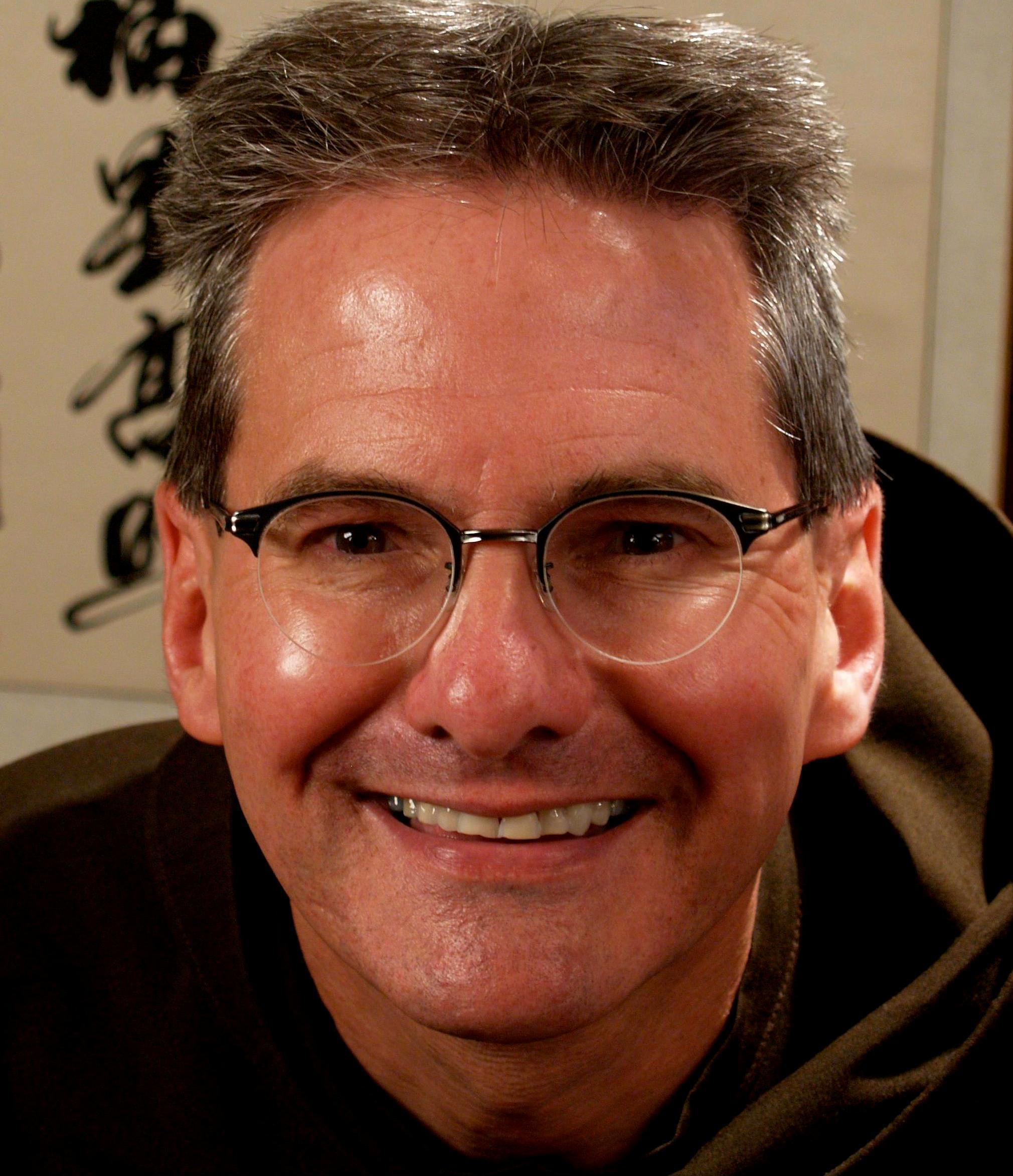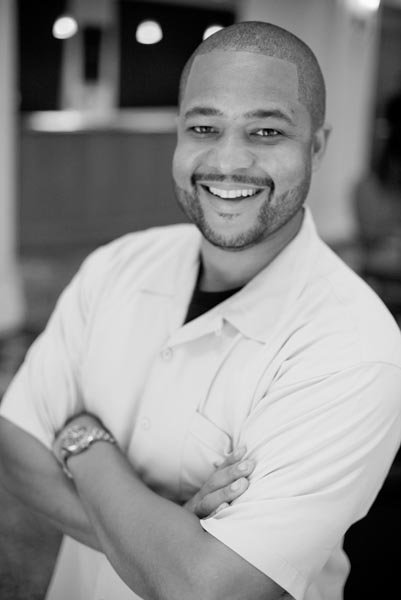 Steve Blakemore is the Professor of Philosophy at Wesley Biblical Seminary in Jackson, Mississippi, and the pastor of Wesley Chapel He joined the Pastor's Circle to talk about the new year. Below are the "CliffsNotes" of his interview.
Steve Blakemore is the Professor of Philosophy at Wesley Biblical Seminary in Jackson, Mississippi, and the pastor of Wesley Chapel He joined the Pastor's Circle to talk about the new year. Below are the "CliffsNotes" of his interview.2012 is the end of the world?
According to the people who have studied this thing, 2012 is when the Mayan calendar predicted the end of time.How should we as pastors talk to our congregations about the Second Coming?
First of all, I think we need to talk about the Second Coming to people in very serious terms, but in hopeful terms, and in responsible terms.What's your take on New Year's resolutions?
What I mean by that is this: quite often, people take the Second Coming and make it an escapist doctrine: the world's just going to keep getting worse, and we just have to hang on until Jesus comes.
In Biblical terms, the Second Coming was always a hope, a hope that Jesus was going to come and bring his Kingdom.
And because we teach that hope, we have to say to our congregations that anything that is not of the coming Kingdom is not going to matter.
Why would we invest our lives in things that don't matter? Let's be about things that are of the Kingdom, rather than things that will perish.
When I was younger, I was much bigger into trying to make New Year's resolutions, until I realized that I was an abject failure at keeping them.How important is it to reflect on the past year?
Resolutions are about people realizing that time is passing in their lives. Even in very ancient cultures, people look at the beginning of the year as a time to look at beginning life anew.
There's something about marking the passing of time that can be sobering to us. In that sense, there's some helpfulness in taking a serious look at our lives in view of who God is calling us to be.
I think it does have some benefit. Accountability could probably help us there, though.
In the book of Deuteronomy, it is all about remembering the law of the Lord. Remembering what God has done is the inspiration for laying down a new trajectory in life.What cultural challenges will the Church face in 2012?
One of the things that most concerns me right now is the potential for a divide among Christians in regard to how we should relate to the political field.
One of the great challenges we're going to have to face is probably how we're going to think about the Church's relationship to the State.
How do we think about politics? What do we do when we find a Christian, a true believer who believes in big government? Or when a big government Christian finds someone who doesn't agree with him?
I think this new election year that we're facing is going to be a real time of potential division for Christians. That's the kind of cultural thing that worries me.












